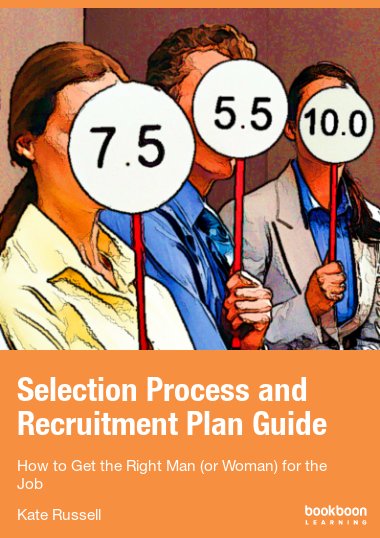Recruiting the right people into an organisation is essential. If you have the wrong people in place, your business will under-perform. You need good people with the right skills to look after your customers and/or make your products. This book will help you to recruit effectively, avoiding the common pitfalls. It sets out the legal requirements applicable during the recruitment process as well as best practice and some useful hints and tips to help you recruit the right person for the job, saving you time, money and effort.
About the author
Kate Russell, BA, barrister, MA is the Managing Director of Russell HR Consulting and the author of this publication. She is the author of Build Your Dream Team – How SMEs Can Plug the Talent Gap, plus several other practical employment handbooks and e-books.
Russell HR Consulting Ltd delivers HR solutions and practical employment law training to a wide variety of industries and occupations across the UK. Kate has developed a reputation for being knowledgeable, robust and commercially aware and is especially well versed in the tackling and resolving of tough discipline and grievance matters.


